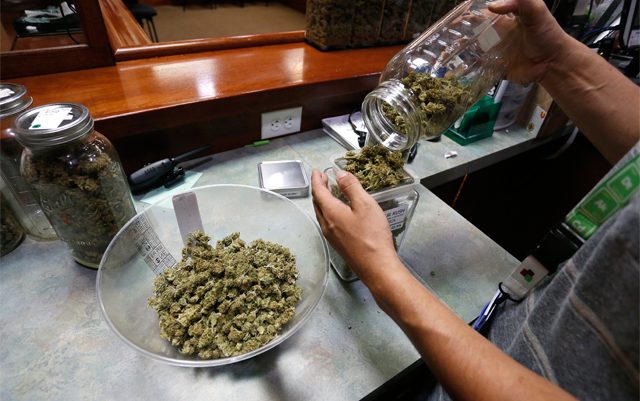We’ve seen many bold and surprising predictions being made about the future of the legal cannabis industry – including the fact that it is on its way to being worth more than the NFL by 2020. Recently, market researchers made a prediction that likely won’t raise too many eyebrows, but is still promising in many ways. Cowen and Company, an investment firm with a highly respected research department, has said that legal cannabis sales could surpass that of soda by the year 2030.
More specifically, the firm reports that they expect sales within the legal cannabis industry to continue to climb, reaching $75 billion annually by 2030. The projected figure might even be on the conservative side, according to Vivien Azer, analyst at Cowen and Co.
“New forecasts suggest that the market is already that size,” Azer said.
You may be surprised to learn that soda pop consumption has been on the decline in the last few years, according to the trade publication Beverage Digest. Overall, consumers seem to be shying away from beverages that are high in sugar content. Per capita consumption of soft drinks saw a 31-year low in 2016, at $78.3 billion. Last year, the sales of soft drinks dropped even lower, to a reported $76.4 billion. Meanwhile, cannabis sales should only continue to rise, as more states are implementing medical programs or voting on recreational sales.
While this is a significant decrease in the sales of soft drinks, brands like Coca-Cola don’t seem to be all that concerned. Corporations within the alcohol industry, however, are a different story. Booze sales in states with medical cannabis programs dropped fifteen percent last year, and binge drinking is also on the decline as people slowly migrate towards cannabis use and away from alcohol.
While most cannabis advocates would likely argue that the plant medicine is much safer than alcohol, the overall sentiment coming from pro-pot firms like Cowen and Co. seem to put the two on a somewhat equal plane.
“We have consistently argued that cannabis and alcohol are substitute social lubricants,” Azer said.
Consumption of sugary drinks is down in the U.S overall. Binge alcohol consumption is declining in states that have medical cannabis programs. The industry continues to grow, with more patients having access to the plant medicine and more age-old stigmas being disproved. These are all positive and healthy things for the American people as a whole, even if we don’t quite see the impact yet in our daily lives.






